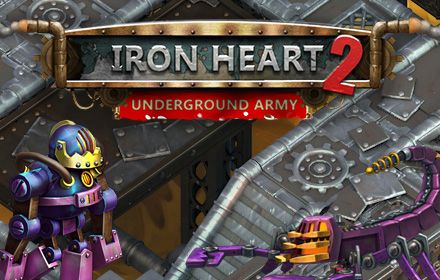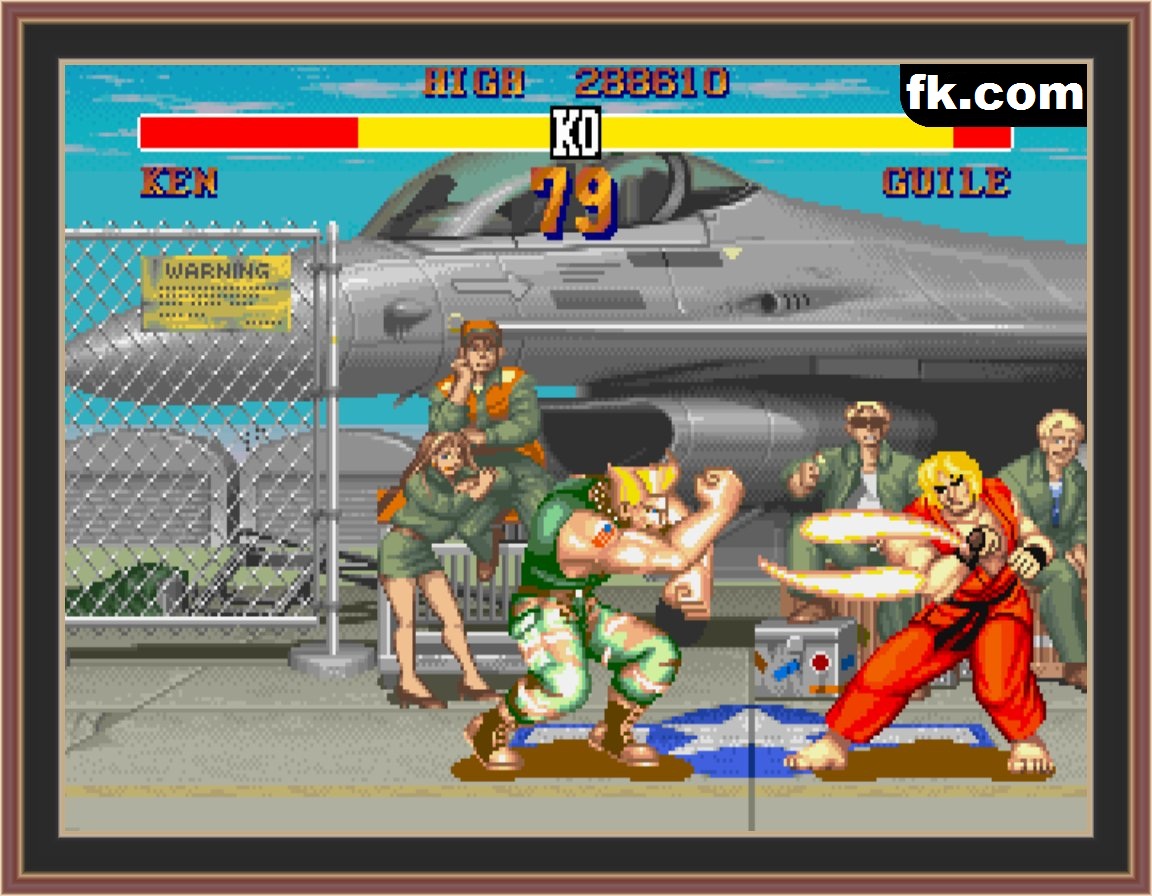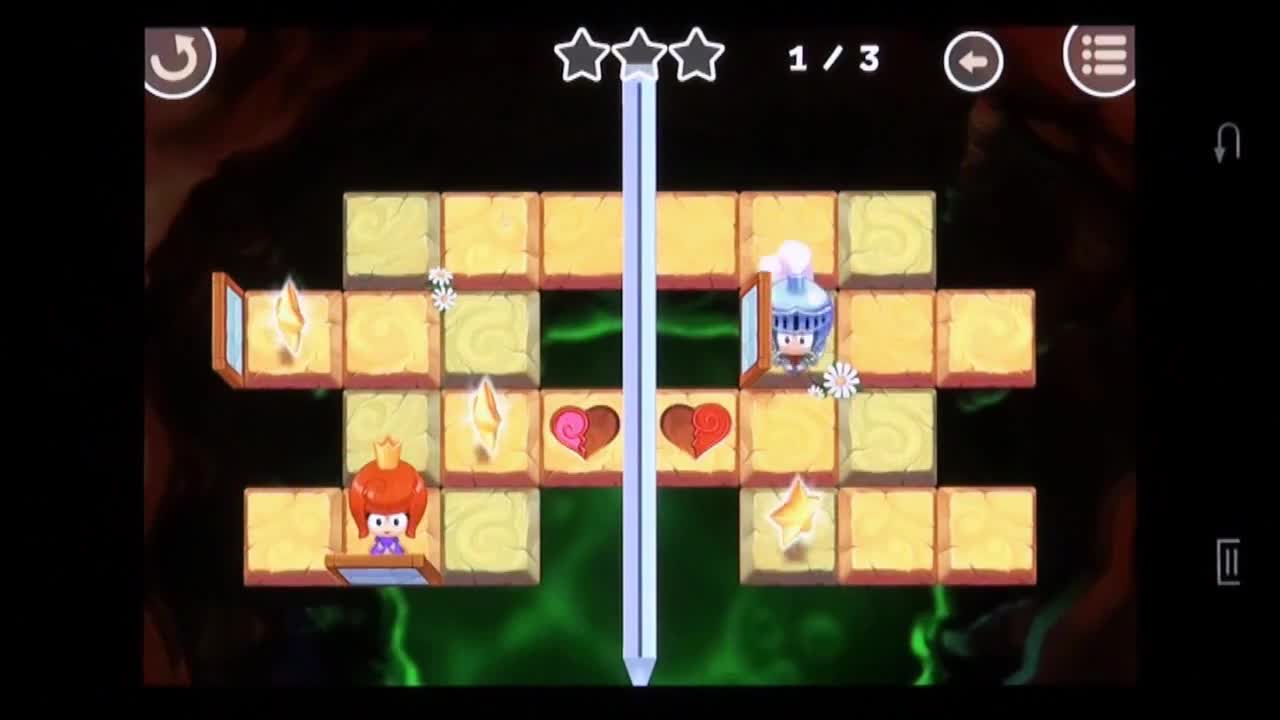

Sudden cardiac arrest may occur if the heart arteries become clogged with cholesterol and other deposits, reducing blood flow to the heart. Heart conditions that can cause sudden cardiac arrest include: However, sudden cardiac arrest can happen in people who have no known heart disease. Certain heart conditions can make you more likely to have this type of heartbeat problem. Rapid, erratic heart signals cause the lower heart chambers to quiver uselessly instead of pumping blood. The most common cause of sudden cardiac arrest is an irregular heart rhythm called ventricular fibrillation. Heart conditions that can lead to sudden cardiac arrest Others can lead to sudden cardiac arrest. Changes in the heartbeat are called arrhythmias. Faulty or extra electrical signals can make the heart beat too fast, too slowly or in an uncoordinated way. To understand sudden cardiac arrest, it may help to know more about the heart's signaling system.Įlectric signals in the heart control the rate and rhythm of the heartbeat. The heart valves, which keep blood flowing in the right direction, are gates at the chamber openings. The lower chambers, the more muscular right and left ventricles, pump blood out of the heart. The upper chambers, the right and left atria, receive incoming blood. They're programmed to allow a shock only when appropriate.Ī typical heart has two upper and two lower chambers. AEDs come with step-by-step voice instructions for their use. Portable automated external defibrillators, called AEDs, are available in many public places, including airports and shopping malls. Keep doing this until an AED is available or emergency workers arrive. Allow the chest to rise completely between compressions. If you haven't been trained, just continue chest compressions. Then deliver rescue breaths after every 30 compressions. If you've been trained in CPR, check the person's airway. Push hard and fast on the person's chest - about 100 to 120 pushes a minute.

How to do CPRĭo CPR if the person isn't breathing. Use an automated external defibrillator, called an AED, if one is available. The American Heart Association recommends doing CPR with hard and fast chest compressions. If you see someone who's unconscious and not breathing, call 911 or local emergency services. When the heart stops, the lack of oxygen-rich blood can quickly cause death or permanent brain damage.Ĭall 911 or emergency medical services for these symptoms: Fast-beating, fluttering or pounding heart called palpitations.īut sudden cardiac arrest often occurs with no warning.Sometimes other symptoms occur before sudden cardiac arrest.

Symptoms of sudden cardiac arrest are immediate and severe and include:


 0 kommentar(er)
0 kommentar(er)
